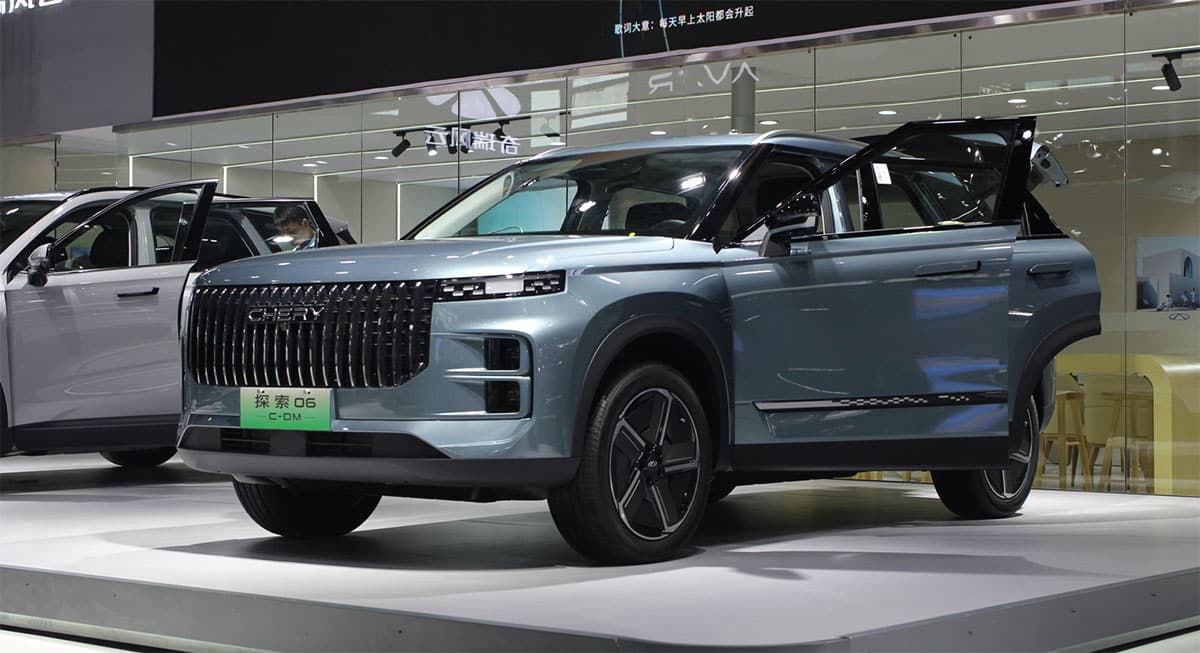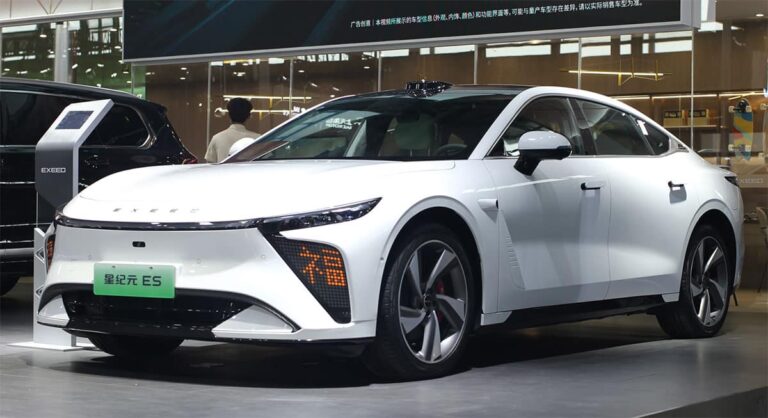- In 2024, about 116,000 vehicles were exported from China to the US and were dominated by US-branded models, analysts said.
- For Chinese car companies operating in Mexico, the Latin American market is their focus.

Analysts and industry watchers believe US President Donald Trump's new tariff measures will have a limited impact on China's automakers, even though they have led to panic in the capital markets over the past few days.
With about 116,000 vehicles exported from China to the US in 2024, the additional tariffs will have a limited impact on Chinese car companies, analysts at Huatai Securities said in an April 5 research note.
Vehicles exported to the US last year came mainly from US brands, including General Motors and Ford, with few vehicles from local Chinese brands, according to the team.
Chinese car companies exported 445,000 vehicles to Mexico in 2024, up 7 percent year-on-year, the team noted.
However, these exports are predominantly shipped locally from China, and Anhui Jianghuai Automobile Group (JAC) is currently the only Chinese automaker with localized production in Mexico, according to the note.
These models largely do not meet USMCA (United States-Mexico-Canada Agreement) tariff exemption regulations, and the chain of Chinese vehicles entering the US via Mexico is not viable, according to the team.
Going forward, some other Chinese automakers may move forward with building factories in Mexico and produce some models that meet the tariff exemption and ship them to the US, the team said.
However, for these car companies, the major markets in Latin America will be their absolute focus, according to the note.
Cui Dongshu, secretary-general of the China Passenger Car Association (CPCA), expressed similar views.
China exported just 116,000 vehicles to the US in 2024, a mere 1.81 percent of overall exports, Cui wrote in a post yesterday.
The latest hurdles from the US have had essentially no impact on Chinese auto exports, Cui said.
As for the impact of the US tariffs on the domestic auto market, it will depend on the final outcome and the effectiveness of China's response policies, according to Cui.
The US government announced earlier this month that it was adding an additional 25 percent tariff on imported cars and some parts, effective April 3.
The China Association of Automobile Manufacturers (CAAM) expressed its firm opposition to this in a statement yesterday, saying it demanded the US to correct its wrongful behavior.
The US approach seriously violates WTO rules, disrupts the normal trade order and has a greater impact on the stability of the global automotive industry's production and supply chain, the CAAM said.
This will further raise the price of automobiles, creating an additional burden on consumers in all countries, including the US, and also negatively affecting the global economic recovery, the statement said.
CAAM called for a win-win solution through consultations to jointly maintain the prosperity and stability of the global auto industry.
